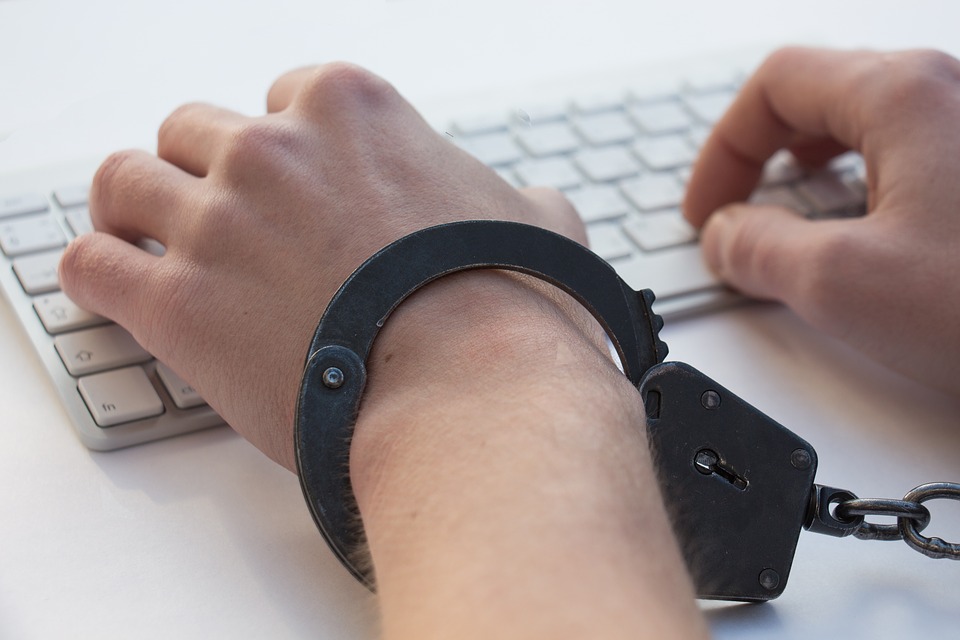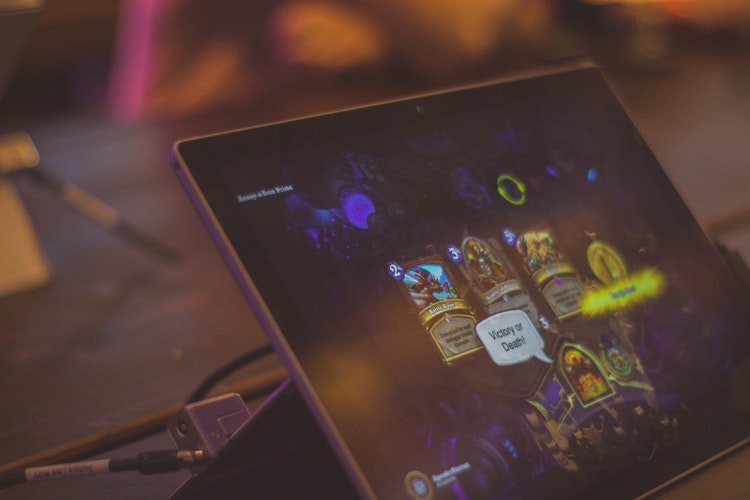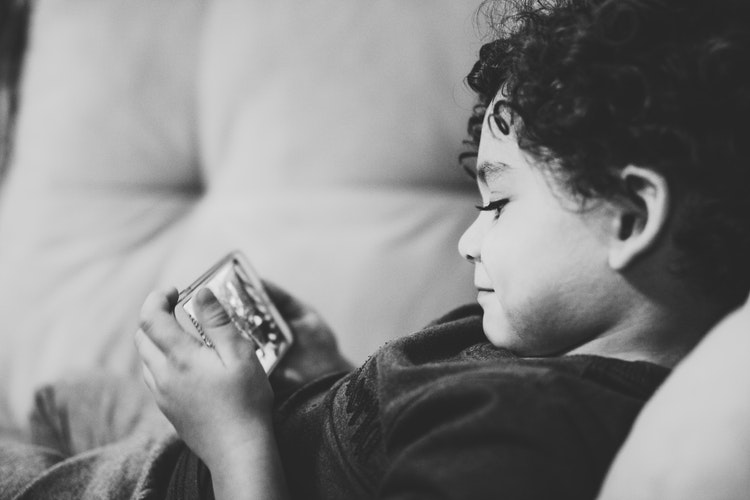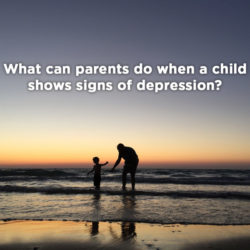THE INTERNET –It’s all fun and games – until it’s not. Our responsibility as parents is to be aware of the good, the bad, and the addictive side of the World Wide Web.
“Addiction” is a scary word, especially for parents who constantly worry about their children. But before we ban gadgets altogether from kids, let’s set the record straight: What do we need to know about internet addiction?
First, as of the moment, internet addiction is not listed in the 11th Revision of the International Classification of Diseases (ICD-11), unlike gaming disorder which has already defined by WHO (World Health Organization). While the discussion on this is still ongoing, it is a very real problem being assessed by WHO experts around the globe.
Our day-to-day lives have been taken over by the convenience and entertainment that this commodity has afforded us. As parents, it can be confusing where to draw the line between healthy and unhealthy internet use for children, and even more so when we ourselves are also immersed in this digital world. After all, we live in a generation where technology and screens are present from the moment we wake up until we go to bed.
Dr. Kimberly Young, founder of the Center for Internet Addiction, gives us a simple yet useful indicator on whether a child is already teetering towards unhealthy internet use (www.wrvo.org). “One of the things about addiction is there’s usually a consequence to it – taking away from something else,” Young said. “It’s become unmanageable.” This is a very straightforward approach to determine if the extent of internet use is already a cause for alarm.The problem starts when control is lost and the ability to cope with real life is hindered by a screen. What signs should we watch out for?

PsychGuides.com outlines the following emotional and physical symptoms of online addiction:
Emotional symptoms
- Feelings of guilt
- Anxiety
- Depression
- Dishonesty
- Euphoric feelings when in front of the computer
- Unable to keep schedules
- No sense of time
- Isolation
- Defensiveness
- Avoiding doing work
- Agitation
Physical symptoms
- Backache
- Headaches
- Weight gain or loss
- Disturbances in sleep
- Carpal tunnel syndrome
- Blurred or strained vision
But as in the age-old saying, prevention is better than cure. Developing a healthy relationship with the online world is something that parents should prioritize from the start.

Dr. Young formulated parenting guidelines to help determine what is appropriate and healthy in terms of internet use or “screen time” for children:
- Children ages three years old and below should have zero screen time. This is because it negatively affects a child’s social communication development and familial relationships.
- From the ages of three and six, an hour of screen time is allowable but only for educational purposes and with strict supervision from the parents.
- Between six and nine years old, the use of screen time for fun or entertainment is allowable with parental supervision up to two hours a day. However, Young stresses that family should still play an important role at this time to make sure that the child is still active in real life engagement.
- As soon as the child reaches the age of 12, Dr. Young says it’s important to grant them independence (www.nytimes.com).
“Ages 12 to 18 will probably be the most contentious years: By now, your teen may have a smart phone and many of their friends will have unlimited computer access.”
Although maintaining a healthy relationship with the digital world should still be encouraged by the parents by helping them monitor how much time they spend online.
As technology propels at high velocity, parents should also learn to adapt just as fast. We have to keep abreast of developments in the digital world that children are indulging in.
Let’s start a discussion! How many hours a day do you let your kids use the internet or have screen time? At what age did they have their own smart phones? Comment below and share your experiences with the community!
Sources:
https://childmind.org/article/is-internet-addiction-real/
https://www.who.int/substance_abuse/activities/addictive_behaviours/en/
https://www.who.int/features/qa/gaming-disorder/en/
https://www.psycom.net/iadcriteria.html
https://www.psychguides.com/guides/computerinternet-addiction-symptoms-causes-and-effects/
https://www.wrvo.org/post/internet-addiction-problem-adults-and-children-alike

Lotie Mercado is an Editorial Assistant at Familywise Asia. She loves literature, art and films.




